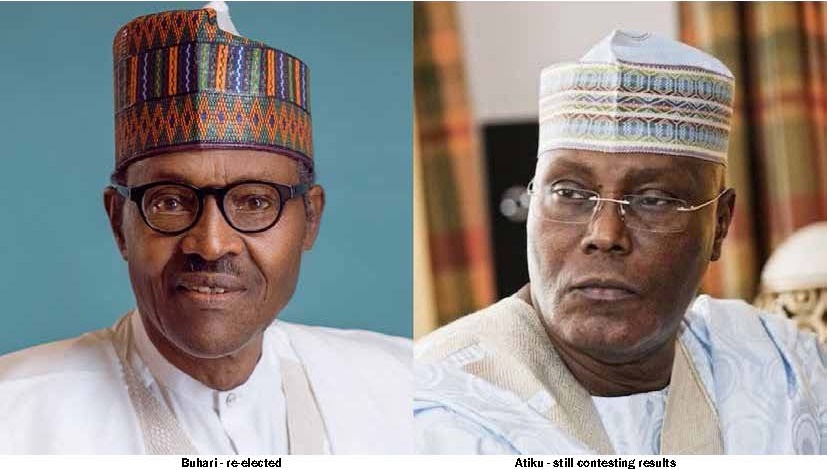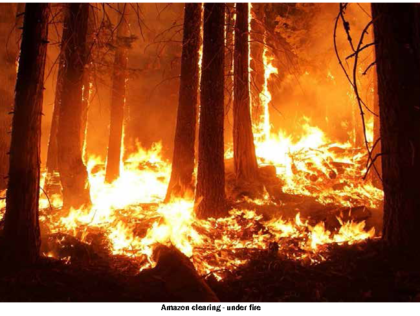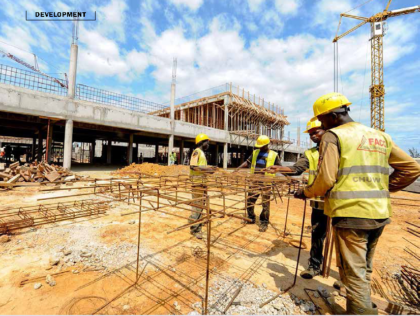Africa’s most populated country, Nigeria, after some 20 years of democratic governance,
has just gone through another cycle of elections, with all kinds of challenges,
writes *Chido Onumah.
Nigeria’s much-anticipated presidential election took place on Saturday, February 23, 2019, after a one-week extension. Originally scheduled to hold on Saturday, February 16, the election was shifted at the eleventh hour by the country’s election umpire, the Independent National Electoral Commission (INEC), citing logistical challenges. It was a decision that didn’t go down well with political parties and politicians who claimed they had expended a lot of resources preparing for the February 16 date and Nigerians who had to travel long distances, many to their states of origin, to cast their votes. That perhaps would explain the record low-turn when the election eventually held a week after. With more than 82 million registered voters, fewer than 29 million, representing about 35% voted, a shortfall from the 43.65% of registered voters that turned out in 2015.
In the early hours of Wednesday, February 27, after four days of suspense, the incumbent president, Muhammadu Buhari of the ruling All Progressives Congress (APC), was declared winner with 15,191,847 votes, beating his main challenger, Atiku Abubakar, who
scored 11,262,978. Buhari won in 19 states while Mr. Abubakar won in 17 states and the Federal Capital Territory (Abuja). While there are 91 officially registered political parties in Nigeria, 73 parties fielded presidential candidates, the highest in the history of the country. The election as expected was essentially a two-horse race between the incumbent, a retired general, Muhammadu Buhari, and the candidate of the main opposition party, the People’s Democratic Party (PDP), and former vice president, Atiku Abubakar.
It was a race between two political
Nigeria’s bumpy road to democracy
By Stephen Appraku


